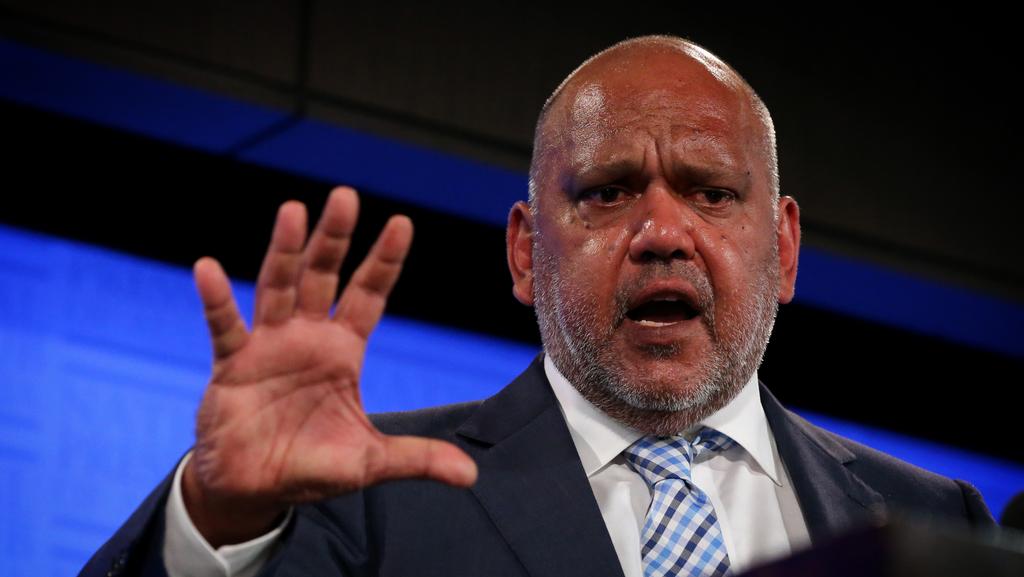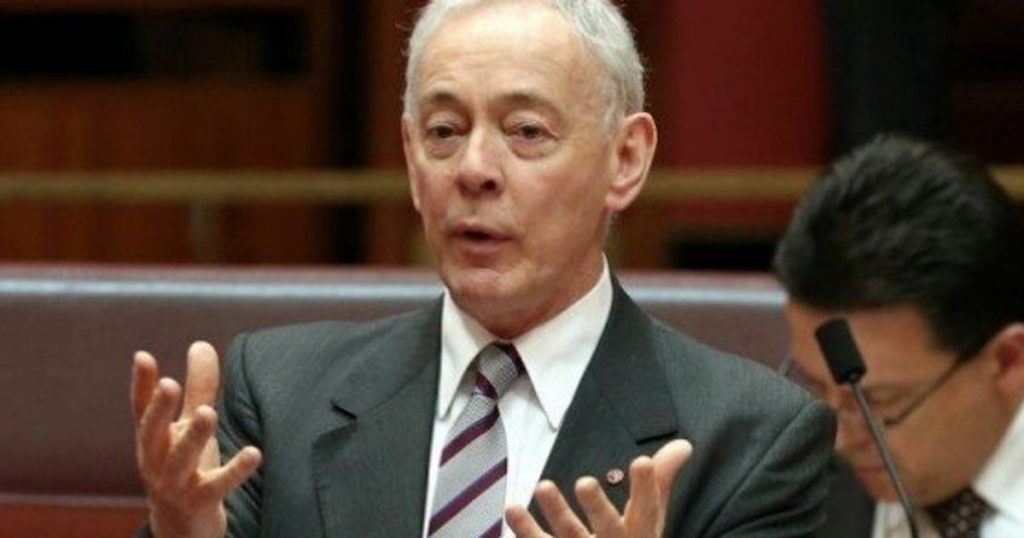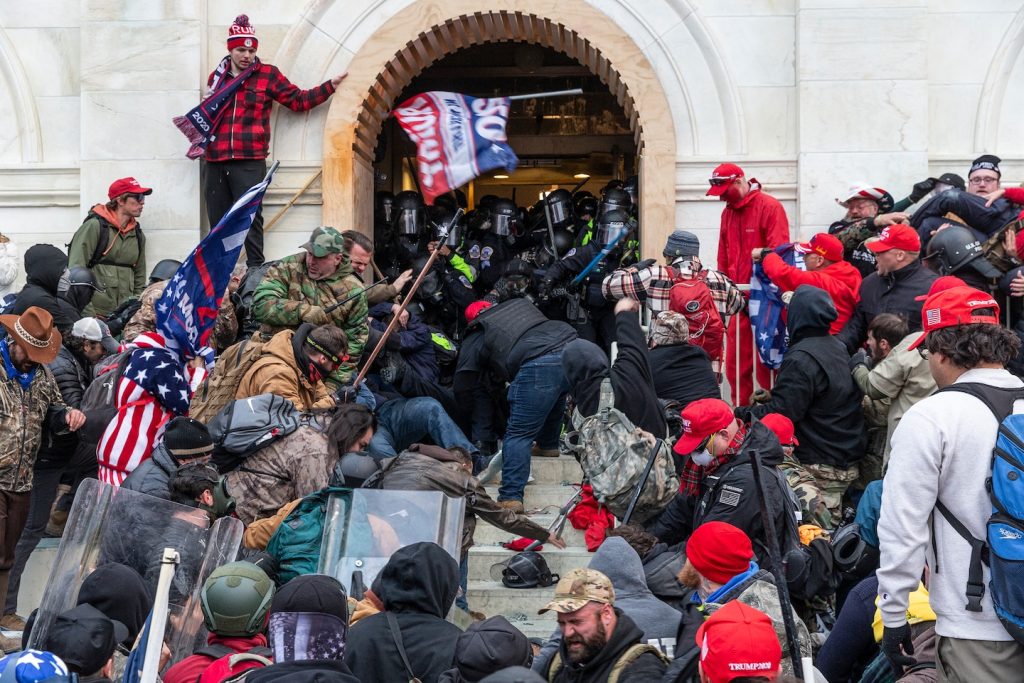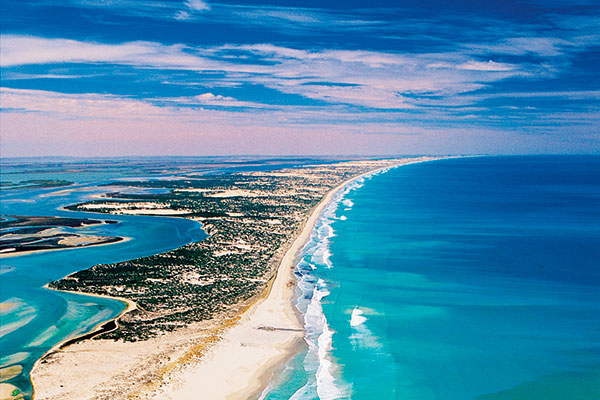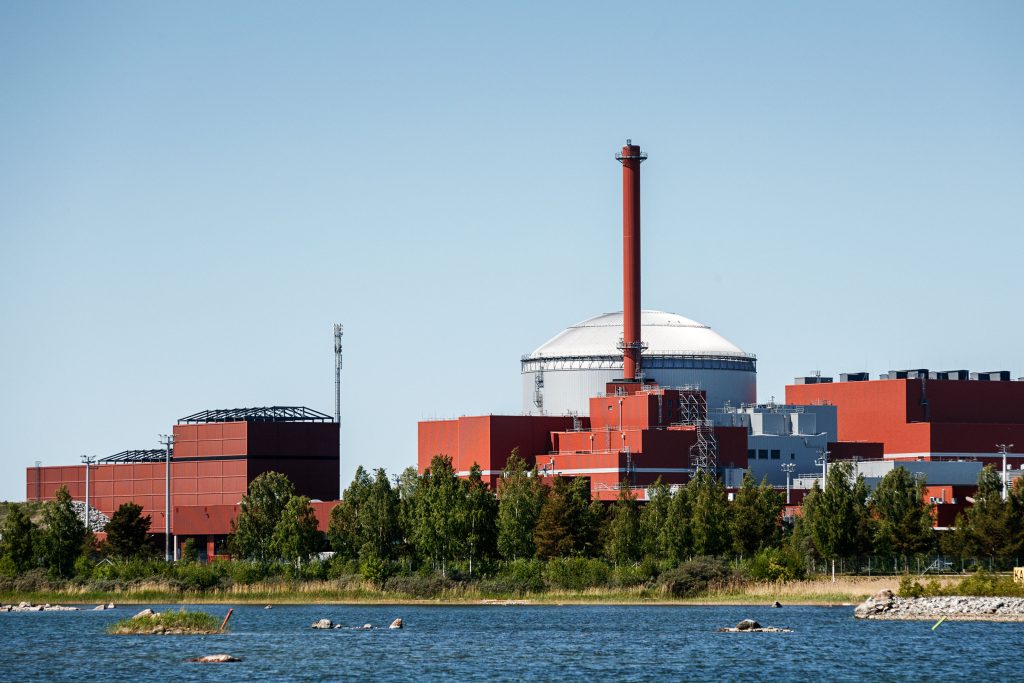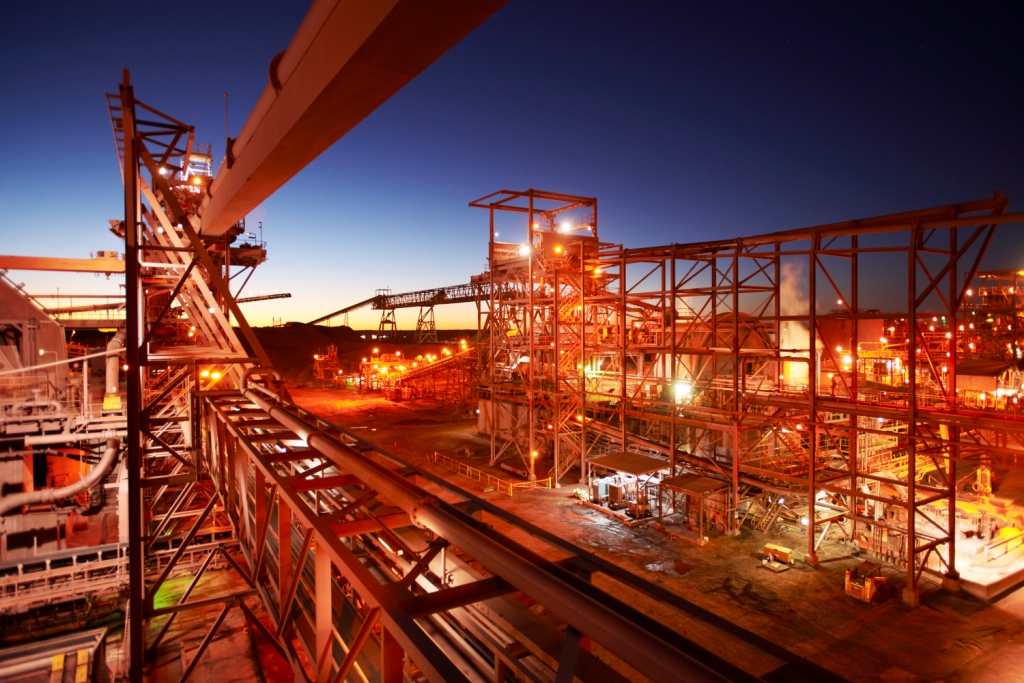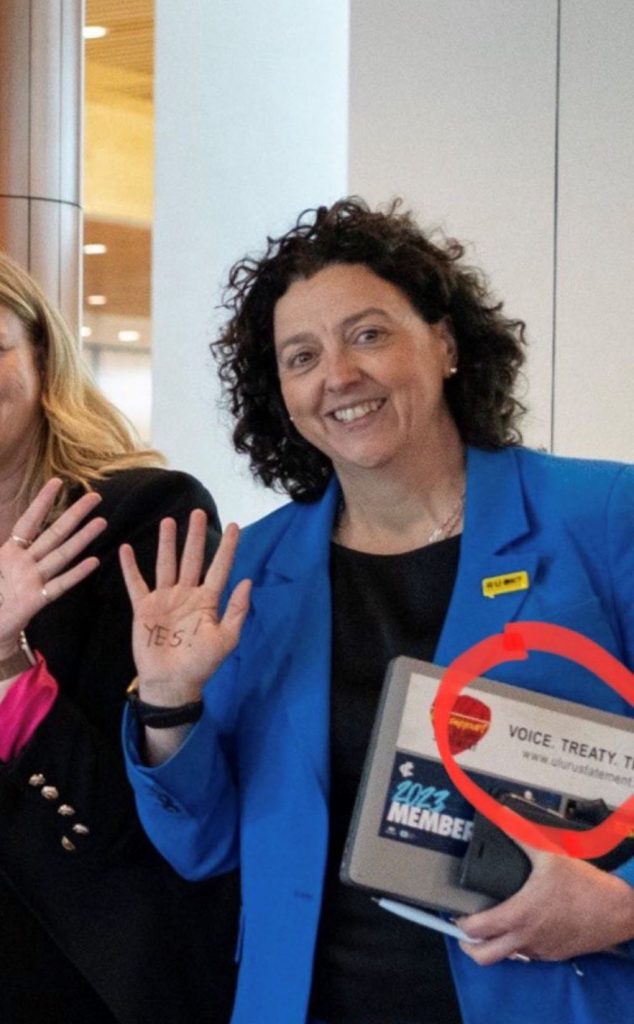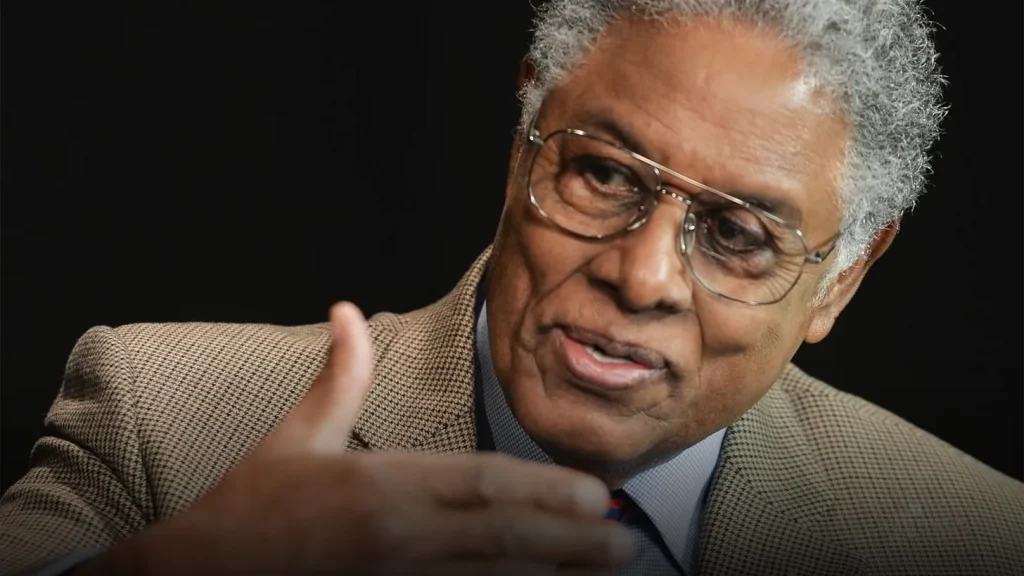A Different Way to Scratch Your Liberty Itch
Who is John Galt?
To those who know, this question is rhetorical. It is a secret ‘handshake’ among fans of Ayn Rand and her seminal work, Atlas Shrugged.
Reading Atlas Shrugged profoundly changed the way I viewed life, society and the world. It was like a stranger had tapped me on the shoulder, pointed out that I was sitting on a pile of jigsaw pieces, and helped me put the pieces together. Afterward, instead of being confused by the variety of pains in my ass, I was contentedly gazing at a beautiful picture of the world. It changed my life.
… the Covid sham of 2020 was Atlas Shrugging
The climax of Atlas Shrugged could be summarised as: civil society devolved because the government kept ratcheting up its abuse and extortion of the most productive and competent people in society, based on the socialist argument of “needing” to “help” the ever increasing “needs” of the “needy”. So the productive people left.
This is relevant today because the Covid sham of 2020 was Atlas Shrugging. We all felt the earth move. If you have read Atlas Shrugged then you know where the story goes, and you know what the smart people do. We leave.
So I left.
The obvious question, then, was where to go? Again, Atlas Shrugged proved instructional. The protagonist and her friends did not leave one declining socialist kleptocracy to go to another declining socialist kleptocracy. They built a new society from scratch. They did not run away; they ran toward opportunity.

Fortunately, escaping government suffocation no longer requires living on an island like Robinson Crusoe. There are numerous countries where you might be surprised to find a superior quality of life to Australia, at a lower cost, with palpably more freedom.
Consider the United Arab Emirates (UAE) as an example. The UAE is a not a liberal democracy. It is run like a business. The rulers explicitly want successful, talented and wealthy people to move all of their wealth and business there. So they built cities with everything that their target market wants: zero tax, no crime, spotlessly clean, mind-boggling architecture and world class banks, hospitals, schools, facilities, activities, food etc. They then made immigration easy: register a company and self-sponsor your residency. It costs just a few thousand dollars.

The UAE offers a unique solution to the libertarian dilemma of how to balance individual freedom with security and societal order. Instead of a contrived internal democratic process, living in the UAE is a voluntary transaction. You do not have a right to free speech, to protest or to vote. Your money and your feet are your voice and vote. Your rights are: take it, or leave it.
One of the most freeing factors in the UAE – especially for anyone who operated a business in Australia – is the absence of fear of Government extortion. The income tax rate is zero. No tax means no criminal tax avoidance. And that eliminates government treating tax residents like criminals.
Other countries have taken notice of the success of the UAE and Dubai, and are rolling out the red carpet to entrepreneurs. For example, the small nation of Georgia in eastern Europe offers an entrepreneur’s visa, with residency and a paltry 1% tax rate on earnings up to $AU375,000/year. The capital, Tbilisi, is a beautiful, classically European city. It is objectively safer than Australia, and with a cost of living around 1/3rd, or less.
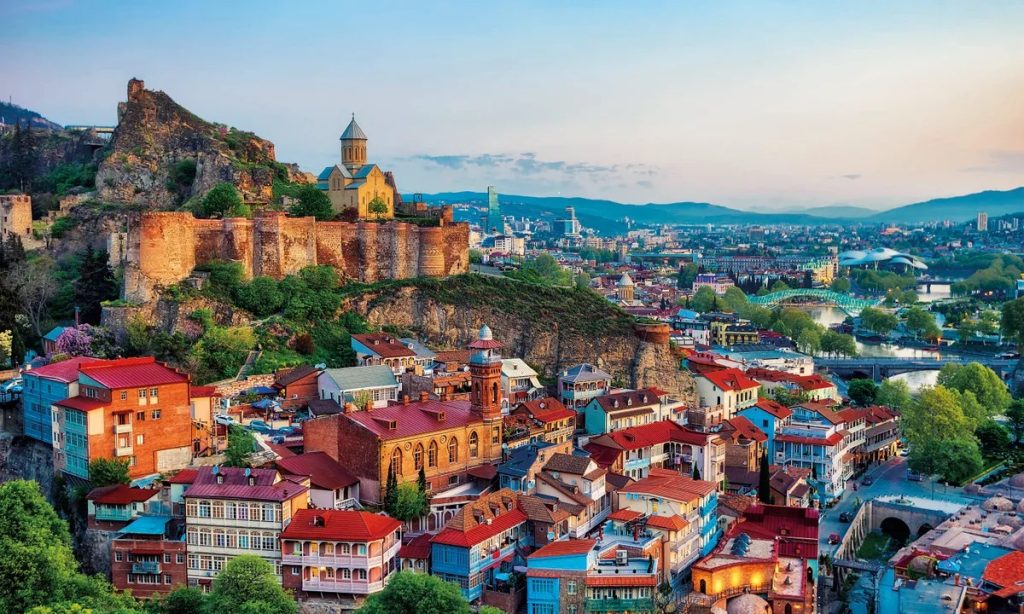
Dubai and Georgia are just two examples among numerous countries that offer extraordinary advantages, along with a quality of life that belies their reputations of 10-20 years ago. Globalisation and the commoditisation of technology means that western nations no longer have a monopoly on modern living. Friendly people, sealed roads, modern homes, fast internet, good coffee and Gucci stores are everywhere, including most “emerging” or “developing” nations.
So I left.
The factor determining the viability of leaving Australia, for most people, is money. If you have no assets, no education, and expect $200,000/yr to hold a road sign, Australia is probably the only country that will work for you. But if you, like me, are able to generate an income from anywhere – or if you have made your money already – you have an array of options to increase your freedom, improve your lifestyle, eliminate or reduce taxes and escape Marxism. Just exclude Canada, the EU, UK, US and New Zealand from your shortlist.
Australia is an extraordinary country with extraordinary potential. But it is hard to argue that it is heading in the right direction politically or economically. The natural inclination is to want to fight for the rights and freedoms that the West has always been so justifiably proud of. But there is an alternative: you can leave. It is another way to scratch your Liberty itch.



